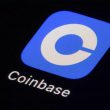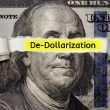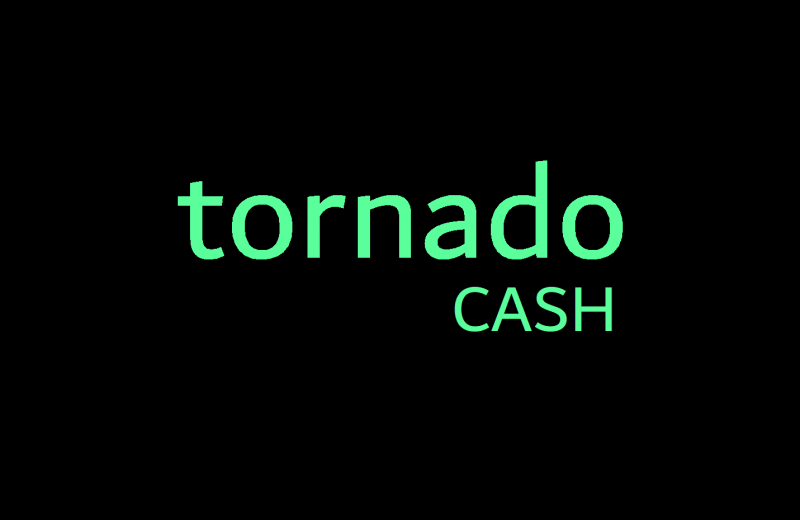The U.S. Treasury Department imposed sanctions on Tornado Cash on 8 August. The body revealed that individuals and groups had used the Ethereum-based mixer to launder more than $7 billion worth of crypto since 2019. Additionally, it also asserted that Tornado Cash had “repeatedly failed” to impose controls to stop its platform from being used to launder funds by malicious cyber actors.
Post the sanction imposition, there was no other official statement released. However, on 13 September, the Treasury Department posted answers to Frequently Asked Questions to guide users.
Users will need a license to withdraw funds from Tornado Cash
Per the latest specifications, individuals who deposited funds into Tornado Cash prior to the sanctions can now request a special license from OFAC. If the license is granted, it will allow them to access and withdraw the locked funds. Per the released statement,
“U.S. persons should be prepared to provide, at a minimum, all relevant information regarding these transactions with Tornado Cash, including the wallet addresses for the remitter and beneficiary, transaction hashes, the date and time of the transaction(s), as well as the amount(s) of virtual currency.“
The OFAC will, notably, have a “favorable licensing policy” towards such applications, provided that the transaction did not involve other sanctionable conduct. However, users are prohibited from carrying out transactions on the platform without a license. It added,
“U.S. persons are prohibited from engaging in transactions involving Tornado Cash, including through the virtual currency wallet addresses that OFAC has identified.“
What about Ethereum dust recipients?
Here it is worth recalling that the U.S. Treasury Department banned Tornado Cash and a host of associated Ethereum addresses after an anonymous user of the mixer “dusted” the wallets of well-known people and institutions.
On-chain data revealed that a number of celebrities received small amounts of Ethereum, mostly 0.1 ETH, from the platform. Based on reactions on social media, it appeared to be a troll, and the user had allegedly targeted high-profile linked addresses to instigate regulatory inspection. Notably, the wallets of Snoop Dogg, Steve Aoki, Logan Paul, Jimmy Fallon, Brian Armstrong, PUMA, and Beeple were among the bunch of recipients.
Read More: Celebs receive Ethereum ‘dust’ from Tornado Cash: What’s cooking?
The statement released on Tuesday revealed that the OFAC was “aware” of the “unsolicited and nominal amounts” of virtual currency received by individuals via dusting. The Treasury, via its statement, hinted that it might cut the slack for such individuals,
“Technically, OFAC’s regulations would apply to these transactions. To the extent, however, these “dusting” transactions have no other sanctions nexus besides Tornado Cash, OFAC will not prioritize enforcement against the delayed receipt of initial blocking reports and subsequent annual reports of blocked property from such U.S. persons.”
Open source code
Post the sanction announcement in August, Github removed the platform’s open source code from its website to shield itself. Since then, a host of individuals—including John Hopkins crypto professor Matthew Green—had taken measures to publicly preserve Tornado Cash’s code.
The Treasury stated via its guidelines,
“While engaging in any transaction with Tornado Cash or its blocked property or interests in property is prohibited for U.S. persons, interacting with open-source code itself, in a way that does not involve a prohibited transaction with Tornado Cash, is not prohibited.“
Reacting to the same, Green thanked the OFAC for providing clarity. He tweeted:
Community Reactions
Reactions were mixed, and not everyone was on the same page. While a few were glad that the agency had finally broken its silence on the crypto mixer sanctions, the others were not fully satisfied. Blockchain Association’s Head of Policy, Jake Chervinsky, tweeted,
“Although today’s FAQs are less than fully satisfying, we take them as a positive (if mainly symbolic) gesture recognizing the collateral damage of Tornado Cash sanctions on innocent people.“
A section of the community also expressed their dissent w.r.t. the latest licensing rule.





